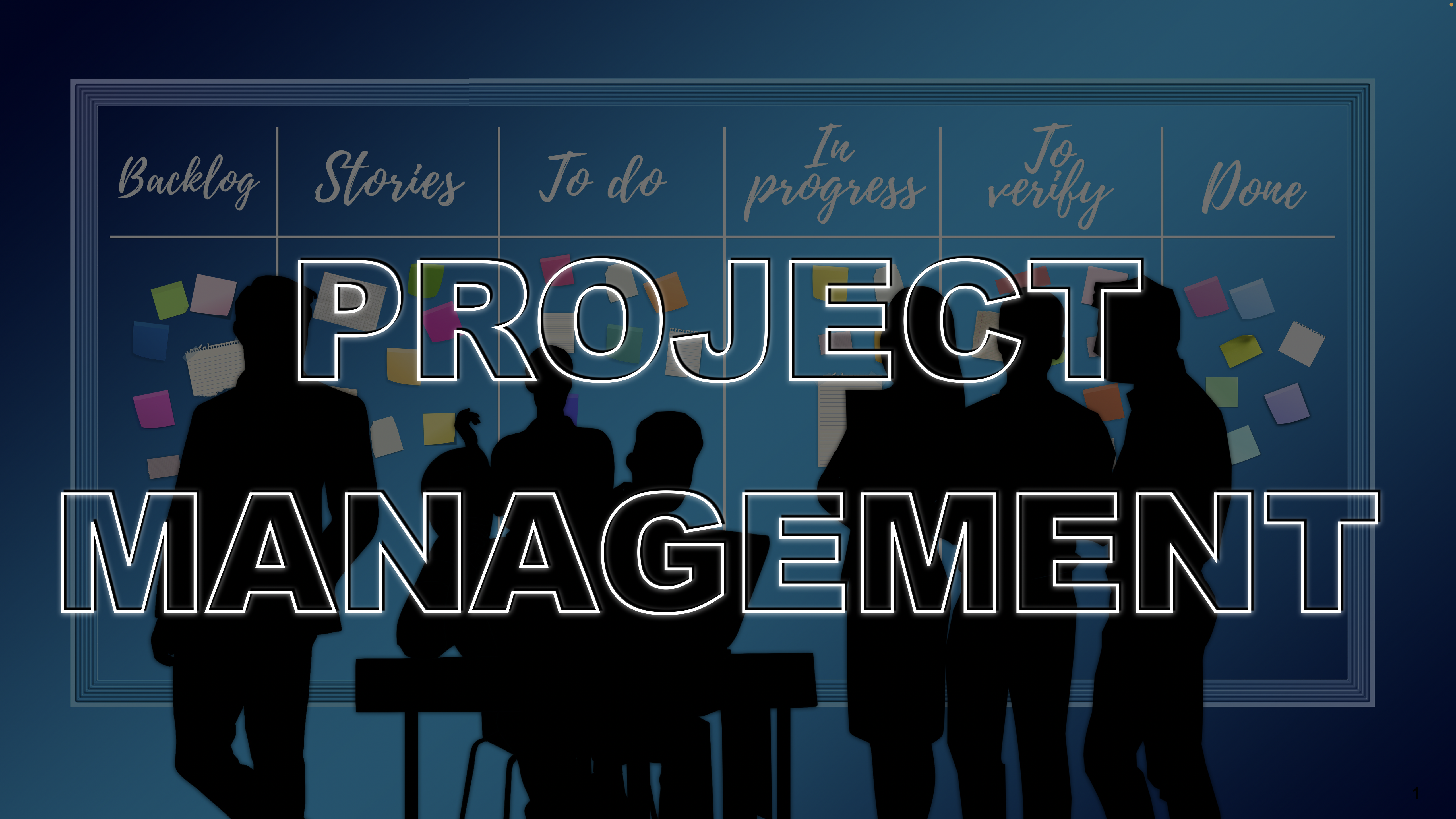
Topics: The course teaches the implementation of current controlling instruments using standard software.
In addition to lectures on SAP CO and MS Excel, practical presentations by software companies will be integrated into the lecture.
Date: The course takes place online on Wednesdays from 15:30 to 17:00 and is divided into two parts:
- 1st half of the semester: Case studies with SAP CO (from Oct 2 until Nov 13 in W4.03) with Mr. Livieri (extra moodle course)
- 2nd half of the semester: Case studies with MS Excel, Tableau, Automation Anywhere, and other IT tools (Nov 20 - Jan 15 via Zoom)
Assessment: Solution of Case Studies (and Exam)
Credits: Part of the Study Focus Management Accounting (stand-alone: 2 SWS / 3 CPs)
- Dozent/in: Nicolas Warkotsch
Contents: In this course, you will learn the basics of the following management control tools and apply your knowledge in case studies:
- Responsibility center design
- Operational planning and budgeting
- Forecasting
- Variance analysis
- Sustainability control
Credits: Part of the specialization (VT) Management Accounting
Lecturer: Prof. Dr. Alexander Stehle
- Dozent/in: Alexander Stehle

Topics: This course covers the basics and applications of cost management tools, in particular:
- Management accounting and strategic decision-making
- Basics of proactive cost management
- Theory of Constraints
- Activity-Based Costing & Activity-Based Management
- Target Costing
- Product Lifecycle Costing
- Fixed Cost Management
Date: The course takes place on Tuesdays at 09:50.
Assessment and contribution to module evaluation: Presentation/Discussion, Written Exam
Credits: Part of the Study Focus Management Accounting (stand-alone: 2 SWS / 3 CPs)
- Dozent/in: Nicolas Warkotsch
This course is part of the study focus Management Accounting.
- Dozent/in: Georg Erdmann

Logistics is usually only visible when it falters, so logistical processes and supply chain management became very present during the COVID19 pandemic, the blockade in the Suez Canal and currently during the ongoing Ukraine war. Empty shelves,stopped production lines and hoarding (massive stockpiling) are the consequence.
How global supply chains work, what logistics and the subtasks of logistics have to do with it and what they can do to avoid supply bottlenecks is part of the advanced course Logistics and Supply Chain Management.
The course consists of 4 modules:
SCM Methods & Optimization (4 SWS, Prof. Dr. Waibel, TH Augsburg)
SCM Controlling (2 SWS, Prpf. Dr. Stehle, TH Augsburg)
SCM Practice (2 SWS, Prof. Dr. Michael Krupp, TH Augsburg)
Room: W1.08
- Dozent/in: Tamara Kartheininger
- Dozent/in: Michael Krupp
- Dozent/in: Alexander Stehle
